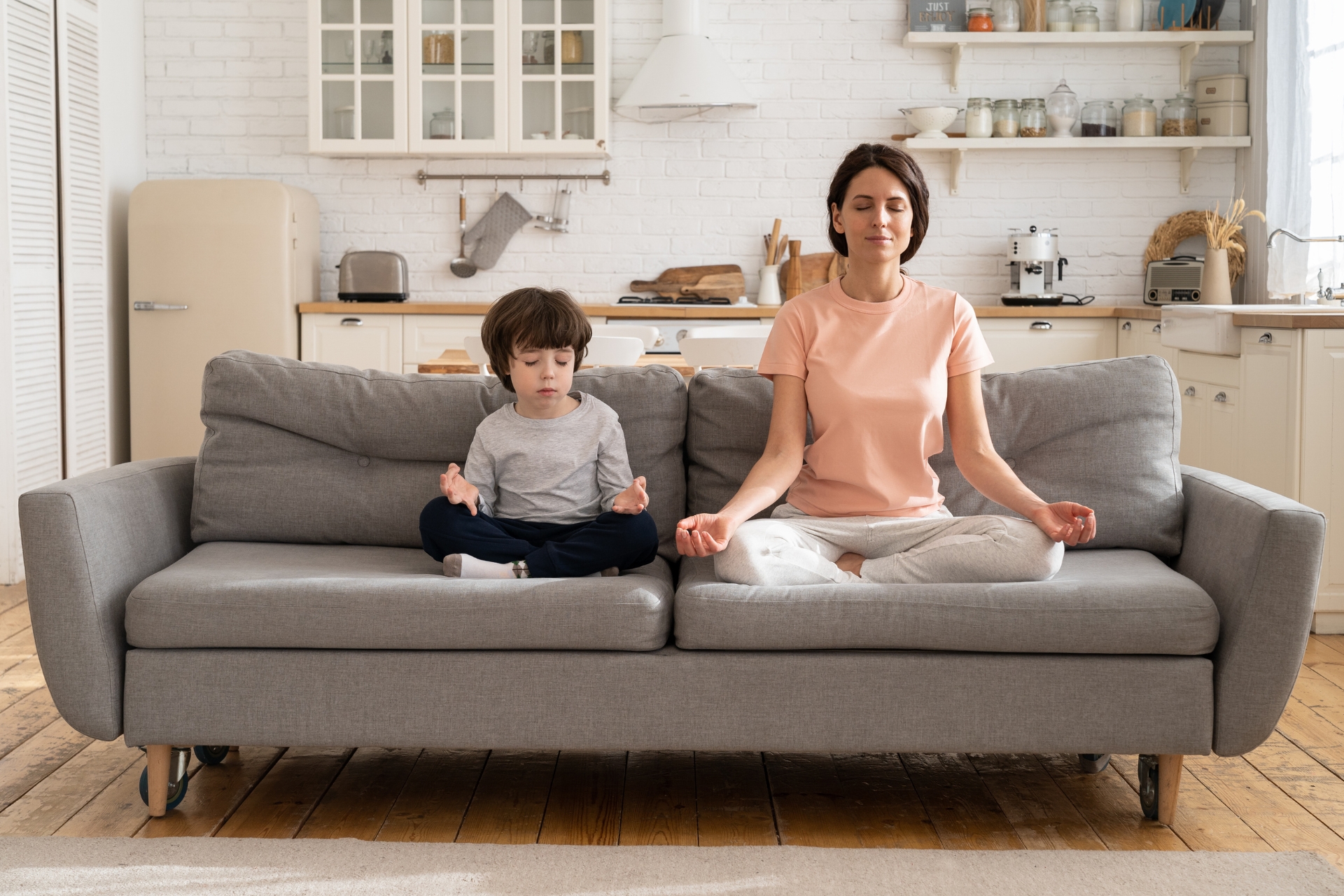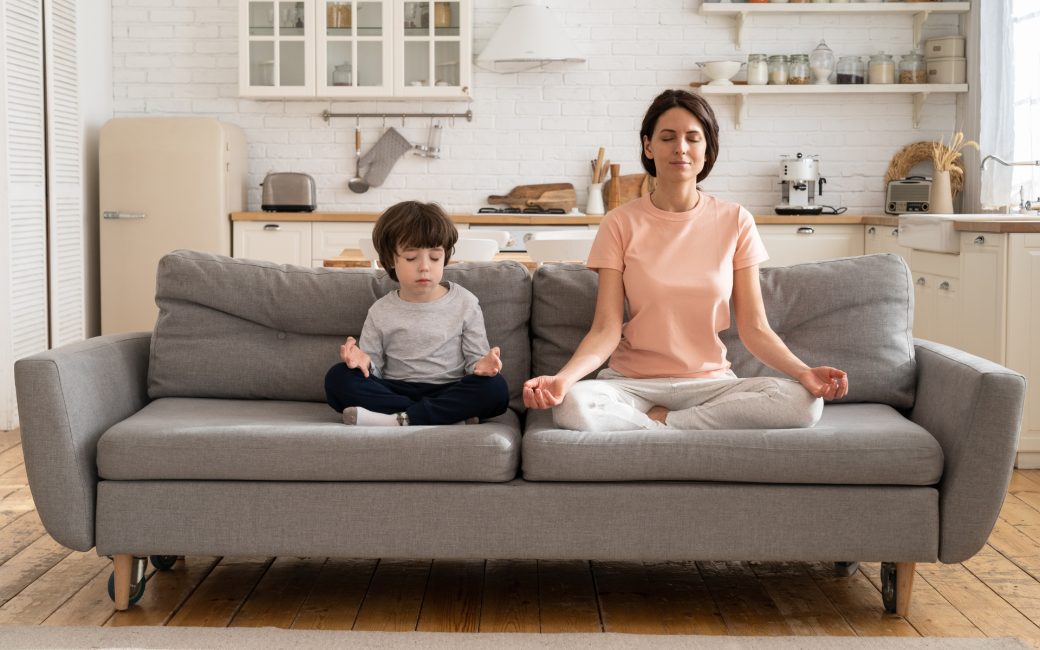Avoiding parental burnout
Parenting is a rewarding, stressful, fulfilling, and challenging endeavor. Parental stress is normal and common, but there may come a time when a parent’s stress becomes severe or long-lasting, which can affect their ability to cope; this can manifest into parental burnout. Here's what you can do about it.
August 1, 2023 | Arianna Martignetti, Ed.D.

Parenting is a rewarding, stressful, fulfilling, and challenging endeavor. Parental stress is normal and common, but there may come a time when a parent’s stress becomes severe or long-lasting, which can affect their ability to cope(1); this can manifest into parental burnout.
Parental burnout consists of an exhaustion that can feel overwhelming, an ineffectiveness or lack of fulfillment in your role as a parent and feeling a sense of emotional distance from your child or children(2). It may also feel like you are not the parent that you want to be or used to be. Despite formal clinical interviews needing to occur to determine parental burnout, some risk factors include, but are not limited to, perfectionism, a lack of stress management skills, or a lack of co-parent support and/or emotional support(1).
With the summer winding down and the school year approaching, I encourage you to reflect on what might have caused you to feel burned out, or what is contributing to your stress. With those in mind, the following may be helpful in mediating parental stress:
- Take a brief vacation(3) – It might not be possible to take an actual vacation whenever you want to, right? Taken from dialectic behavior therapy, the brief vacation approach is an attempt to slow down and re-energize yourself. Taking a brief vacation means finding a 15-minute (or more, if time permits) activity that will bring you some peace, grounding, or enjoyment. Some examples include taking a mindful shower, going to get yourself a cup of coffee or tea, reading an article, going for a walk, listening to a few songs alone, or practicing meditation. Consider implementing a brief vacation when you know your kids are safely engaged in their own activities. Shifting your mindset to perceiving a brief activity as a momentary vacation can help induce relaxation to address your needs at a particular time. The flexibility and spontaneity of doing so may also be a sense of relief or reward for parents that tend to be more rigid.
- Evaluate your expectations – Reflect on whether you had expectations for this past summer, and whether those expectations were met. Why were they met, or what got in the way? What are your expectations for the upcoming school year? Additionally, where are your expectations coming from: the kids? Your spouse? Yourself? Recognizing what your expectations are and where they are coming from can help address whether they are realistic, manageable, or adjustable; this can help mediate stress, offer a clearer perspective, and possibly result in communication with those that are inducing expectations.
- Effective communication – After becoming aware of your stressors, you may realize that some stress can be alleviated through conversations with others. For example, perhaps you had high expectations for your kids to enjoy their summer. Have you considered what your kids’ expectations were? What about for the upcoming school year? By communicating in a way that works for your family unit, you can understand each other’s expectations and whether they are realistic or need to be adjusted. Sometimes those that cause us stress are unaware of the effect they are having on us. Finding ways to effectively communicate with those closest to you can help others become more accountable and assist in setting boundaries for yourself (which may lead to a few more brief vacations).
- Keep it simple – Remind yourself that things do not have to be perfect, and some things can be simple without compromising quality. If perfectionism tends to be your norm and simplifying feels difficult, then consider assessing your priorities and simplifying your lower ones. Chances are, you have had to adjust, pivot, or adapt numerous times in your journey as a parent already; you can do it again. Committing to keep things simple can mean carrying less “stuff” (literally and figuratively), spending less time getting out of the house (potentially resulting in more time to do things you can enjoy), and minimizing worry or stress.
References
1 Mikolajczak, M. & Roskam, I. (2020). Parental burnout: Moving the focus from children to parents. Child & Adolescent Development, 7-13.
2 Mikolajczak, M., Gross, J. J., & Roskam, I. (2019). Parental burnout: What is it, and why does it matter? Clinical Psychological Science, 7(6),
3 Cerula, S. (2023, February 9). Taking a Brief Vacation. The Behavioral Wellness Group.

Arianna Martignetti
Arianna Martignetti, Ed.D., is a mental performance consultant who works with individual athletes, weekend warriors and teams at all levels. She works with her clients to fine-tune their mental skills or increase their self-awareness to create the change that they want and achieve their goals — and more.
